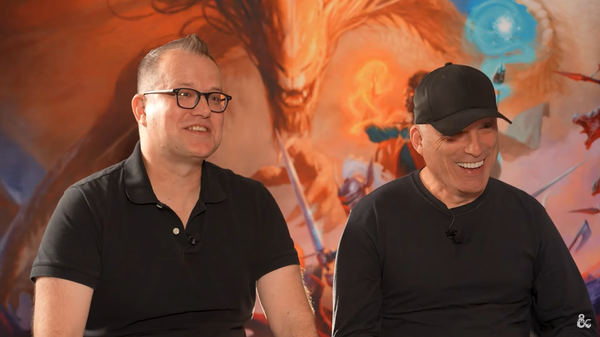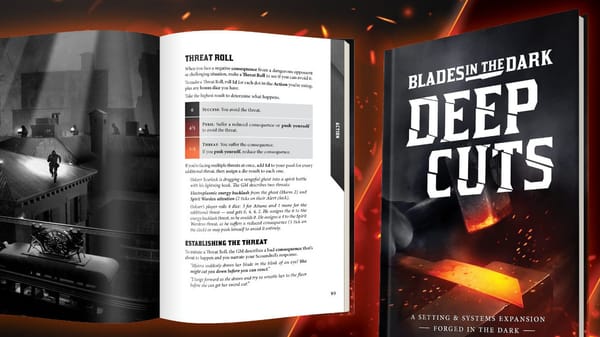TTRPGs won’t change the world, but you can
Part two of our interview with State Representative Zooey Zephyr and journalist Erin Reed.

Earlier this month, I had the opportunity to sit down with Montana State Representative Zooey Zephyr and independent journalist Erin Reed for a profile on their love of tabletop roleplaying games.
While in the first part of this interview we covered their personal relationships to TTRPGs, our conversation about the intersections of games, journalism, and politics was so generative and expansive, attempting to trim the conversation down to one article would have been a disservice to these two brilliant minds (and nearly 44 pages of transcription). In this second installment, I’ve focused on the segments of our conversations where their relationship to TTRPGs directly impacts the work they do in their respective fields—from exploring nuanced worldviews, the value of culture journalism, and the benefit of having a space to cathartically release difficult emotions.
This interview has been edited for clarity.
On Escapism, Therapy, and Imagining New Worlds
Rowan Zeoli: People often use TTRPGs to tackle real world issues and navigate these topics in a safe container with people that they trust. Because both of you have very emotionally taxing jobs, where do TTRPGs fall on the spectrum of escapism to therapy?
Rep. Zooey Zephyr: I always think about this in relation to when I was in grad school for creative writing. We had a professor ask us, point blank: Does art agitate? Does art provide catharsis and actually suppress emotion, ultimately? Do sports do this? Does watching a sports game create this sense of violence or does the model scale of war actually dissipate an urge for violence?





